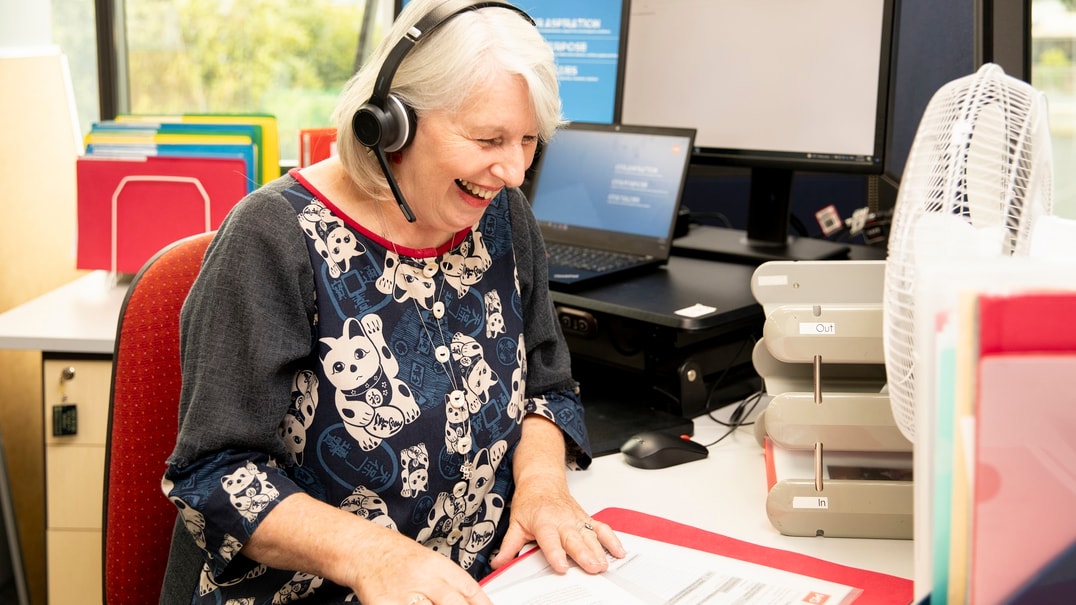If you’ve recently received a multiple sclerosis diagnosis, it’s normal to feel scared and confused. But we want you to know that MS doesn’t necessarily lead to significant disability. You can live well with MS. And we’re here to help you do that.
Support and services
We offer a wide range of services and support to help you manage your health and wellbeing – so you can maintain your lifestyle and achieve your goals.





